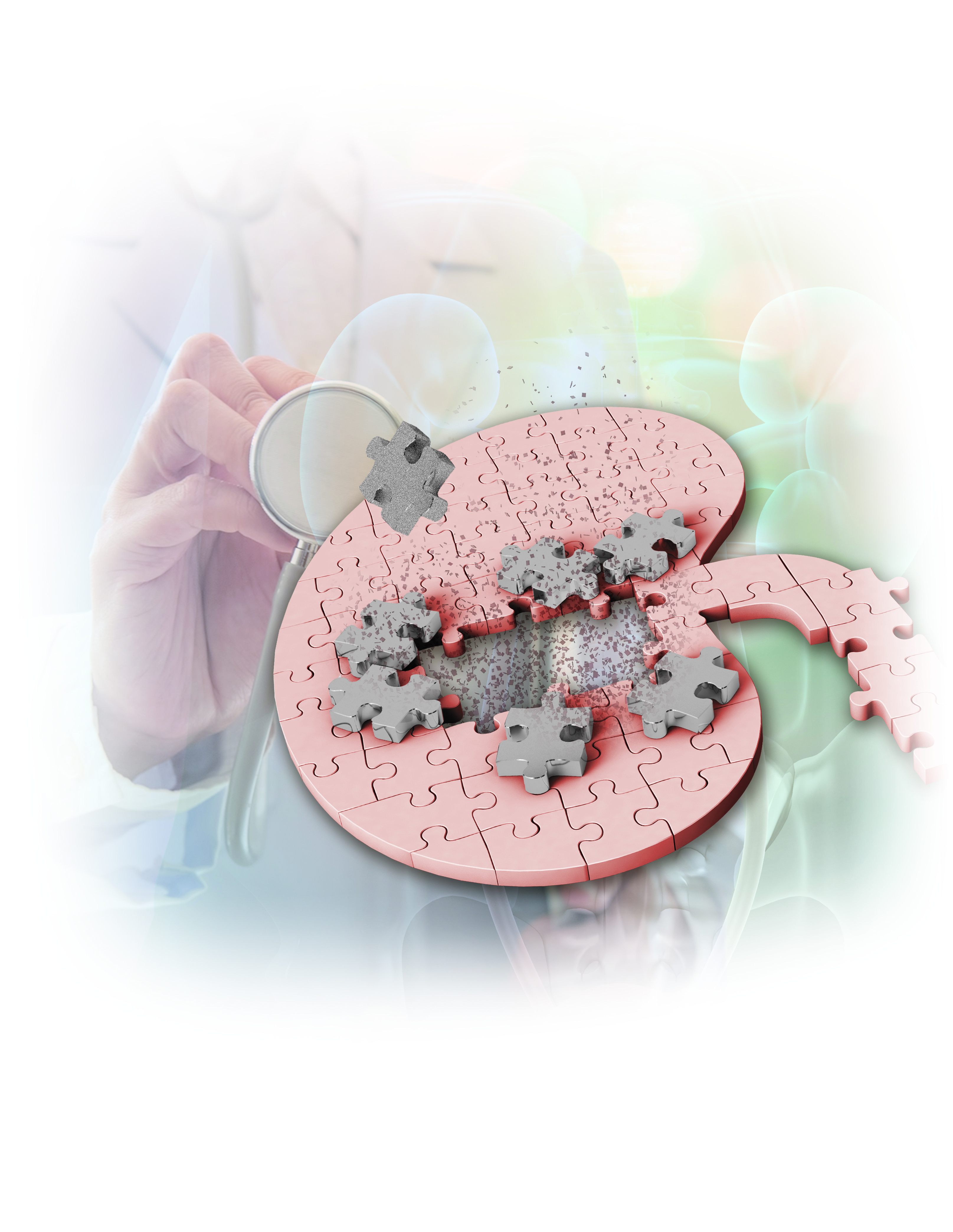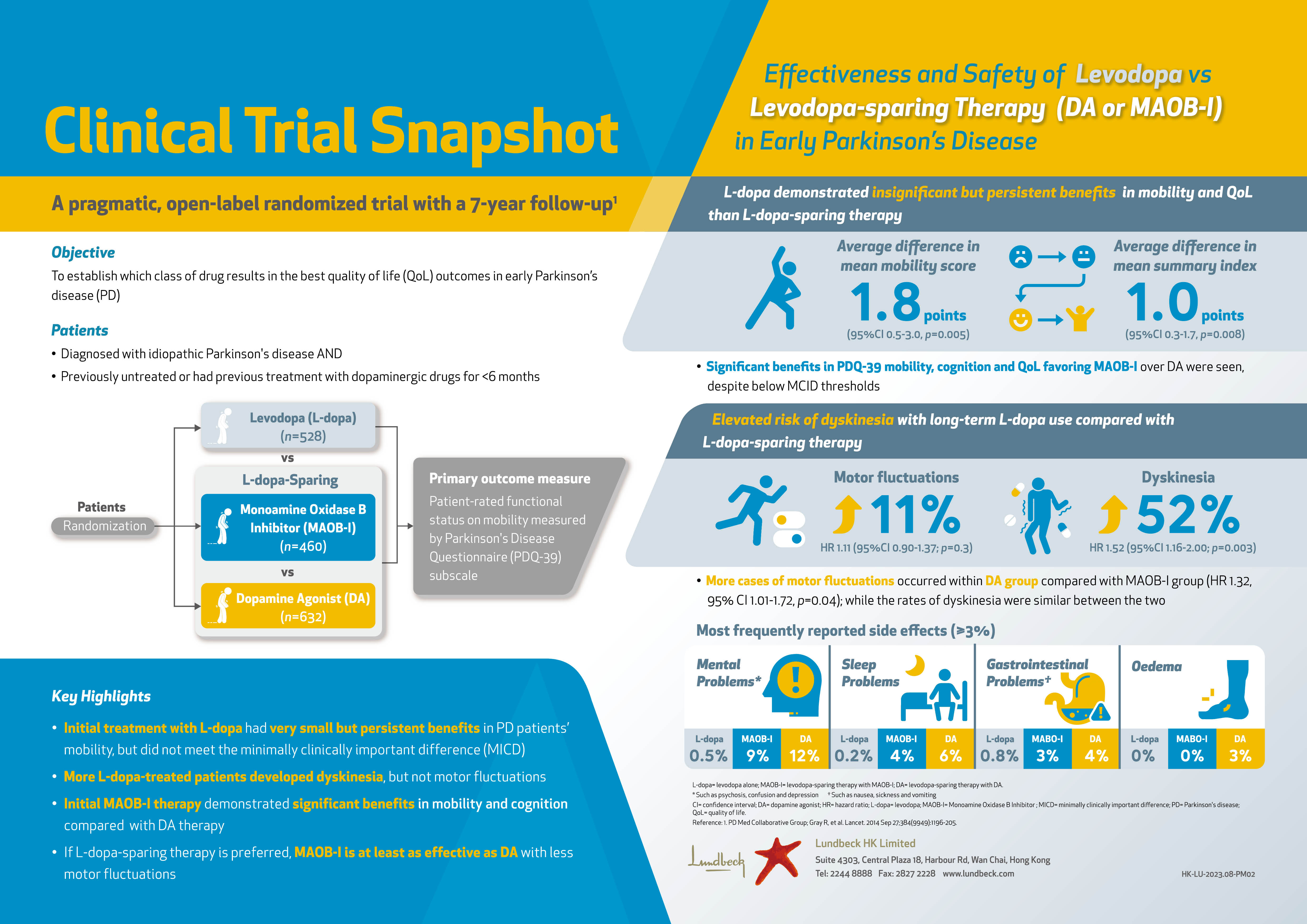Dexmedetomidine for Pain Control after Thyroidectomy1
Questions about whether dexmedetomidine can be a potent analgesic adjuvant in pain control under perioperative conditions remain uncertain. In a study, 90 patients who received thyroidectomy under general anaesthesia with endotracheal intubation were classified into 3 groups. The dexmedetomidine (DEX) group performed an intravenous infusion of DEX at an initial dose of 1 µg/kg for 10 minutes and continue at a rate of 0.4 µg/kg/hour until 30 minutes before the surgery ended. The superficial cervical plexus block (SCPB) group undergone ultrasound-guided bilateral SCPB with 10 mL of 0.375% ropivacaine injected on each side when the control group administered intravenous saline at the same rate and dose as the DEX group. The pain at rest 1 hour and the movement-evoked pain (MEP) within 24 hours after extubation were significantly lower while patients were more satisfied in both DEX and SCPB groups than the control group. These patients’ outcomes in the DEX group were comparable to the SCPB group. With the proven pain relief and comparable analgesic effect after thyroid surgery, dexmedetomidine can potentially be an adjuvant analgesic to enhance the effectiveness in perioperative pain management.
References
1. Xing J, et al. Clin J Pain. 2021;37:623-628.





